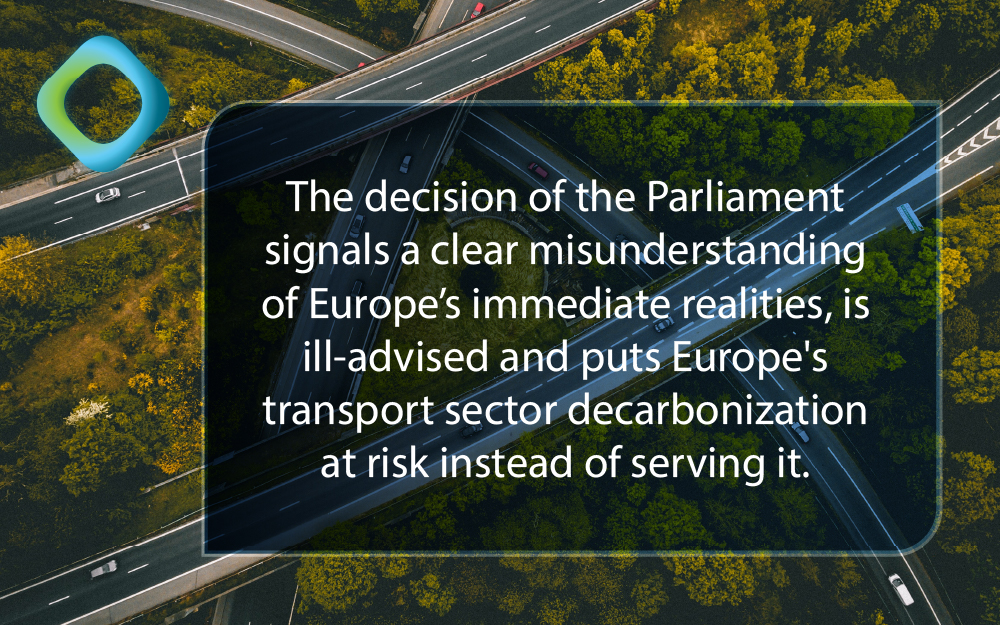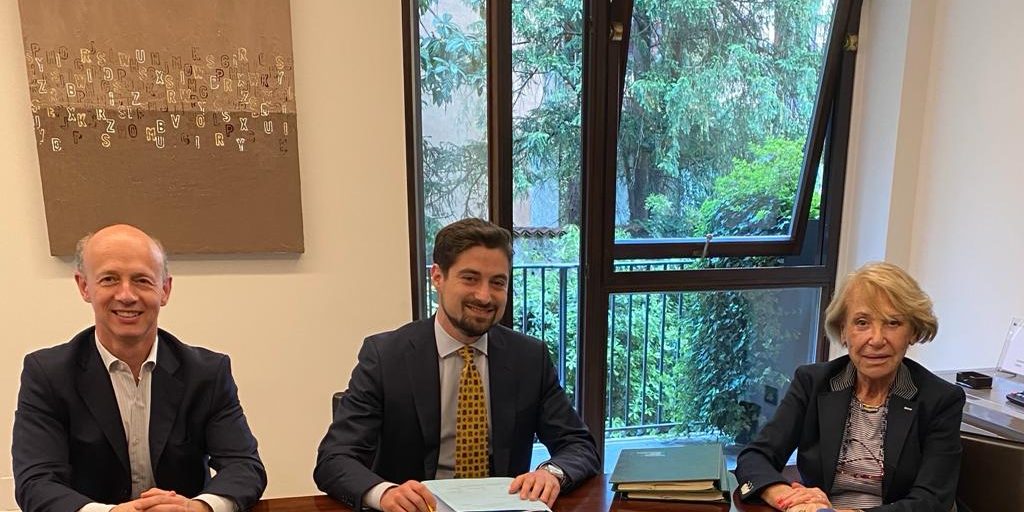On May 18, the World Gas Mobility Council (WGMC) was officially launched in Milan. The new non-profit association was established by NGV System Italy and Natural Gas Vehicle Japan. The constitutive document was signed by Mariarosa Baroni, President of NGV Italy, and Andrea Stegher, attorney of Natural Gas Vehicle Japan.
The WGMC, which will be based in Milan, aims to represent the interests of the associates on a global level by promoting the use of natural gas in several sectors of transportation (road, sea and rail) and create a common platform for the various national and international associations, institutions and companies related to the gas industry.
It will also encourage the global development and coordination of technical standards for quality and safety, as well as common procedures for the certification of technologies for the use of methane, biomethane, blended fuels in general, and hydrogen in transport, both in their gaseous and liquid form, also sharing best practices between national and international associations in order to support the members and third-party companies in their certification activities. It will prepare all the legal tools necessary for the development of services and products related to the use of methane, biomethane, blended fuels in general, and hydrogen in transport.
The association will offer technical-commercial support by: coordinating technical and scientific activities to improve the quality of processes and products; analyzing the market development; carrying out specific studies on topics of particular interest by request of the associates; preparing the most suitable strategies for the development of the sector in order to enter new markets; assisting associates when launching new commercial activities or when searching interested partners, while developing links with EU organisms or international bodies; and informing associates on technical news, regulations and new procedures in the sector.
It will represent the interests of the associates in international institutions, authorities, standardization bodies and other interested parties in the cooperation and development of working groups on standardization issues, and will participate in related international activities, such as conferences, workshops, technical committees, working groups and coordination groups. It will also promote the internal and external communication related to the association through the media and the organization of conferences, workshops, and technical committees.
Last but not least, the new council will offer great opportunities to sell and export, since it will promote the associates’ technologies, products, services and know-how; it will be a meeting point between the countries.
The WGMC will be administered by a board of directors formed by: Mariarosa Baroni (President), Hirofumi Hashimoto (Vice President), Andrea Stegher (Vice President), and Alejandro Daniel Gardella (Adviser).
Mariarosa Baroni, born in Milan, Italy, is the President of NGV Italy since 2012, as well as the Founder and CEO of NGV International Academy. She has more than 30 years of experience in alternative fuels for transportation.
Hirofumi Hashimoto, born in Tokyo, Japan, is the President of Natural Gas Vehicle Japan (NGV Japan), Japan’s natural gas vehicle association, established in 2021.
Andrea Stegher, born in Rome, Italy, is Vice President of the IGU (International Gas Union) and works as an attorney for NGV Japan. He has more than 25 years of experience in the energy and gas sector.
Alejandro Gardella, born in Buenos Aires, Argentina, is the Director and Founder of AltFuels Communications Group (former NGV Communications Group), a company dedicated to the communication and organization of exhibitions and conferences, also serving as a consultant in alternative fuels, with more than 35 years of experience in the natural gas and clean energy industry.

NGVA Europe reacts critically to Plenary vote on new CO₂ emission standards
On June 8, the European Parliament plenary voted on the CO₂ emission performance standards for cars and vans and regretfully failed to agree on a pragmatic and practical approach to resolving the decarbonization challenge in Europe’s transport sector.
NGVA Europe sees that vote as a move against the EU’s energy and transport policies’ key principles – technology neutrality and sovereign freedom in choosing the path of achieving EU targets. More specifically, NGVA Europe strongly regrets that this will significantly limit the rapid and effective contribution that renewable fuels such as biomethane can make to transport decarbonization.
By introducing a de-facto ban on new cars and vans with internal combustion engines from 2035, the European Parliament has practically denied each Member State’s right to develop transport policies that match the profile of their respective economies without generating unnecessary stress on citizens and industries at times of extremely high energy prices.
The introduced intermediate targets also limit Member States’ opportunity to pace their progress in order to maintain competitiveness, security of supply and social acceptance of reforms in the transport sector without compromising the EU’s general decarbonization targets for 2035.
NGVA Europe believes this decision of the Parliament signals a clear misunderstanding of Europe’s immediate realities, is ill-advised and puts Europe’s transport sector decarbonization at risk instead of serving it. This position puts a lot of pressure and expectations that the coming Trilogues will be the last opportunity for the final decision to be grounded on dialogue and hold truly at heart the objective for Europe’s carbon neutrality instead of exclusively promoting a specific technology.







